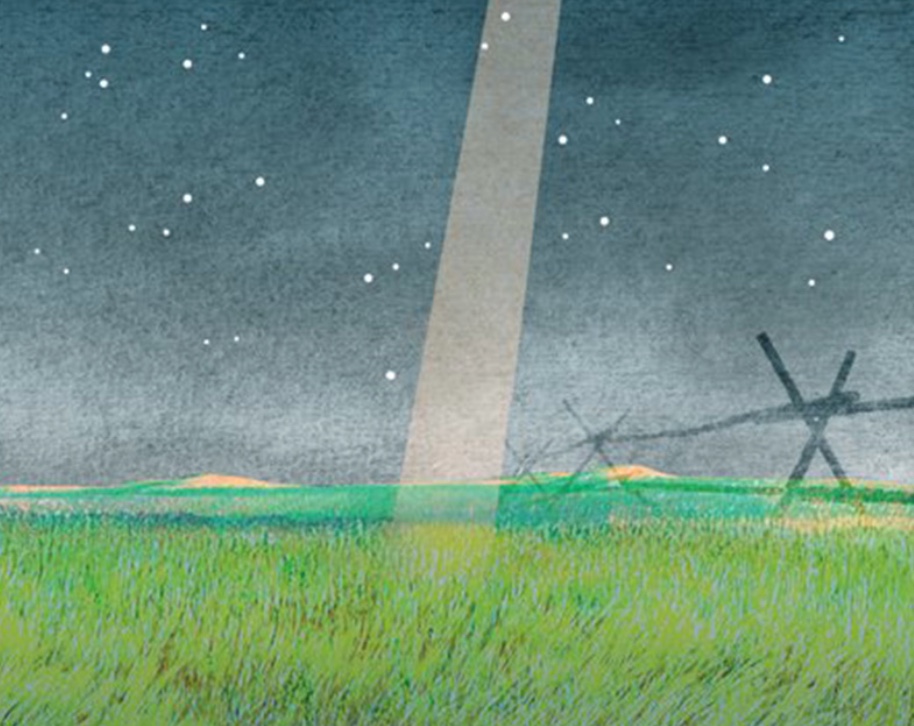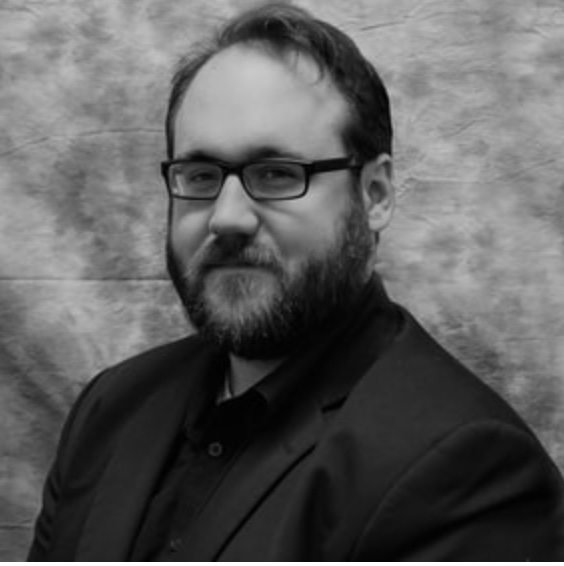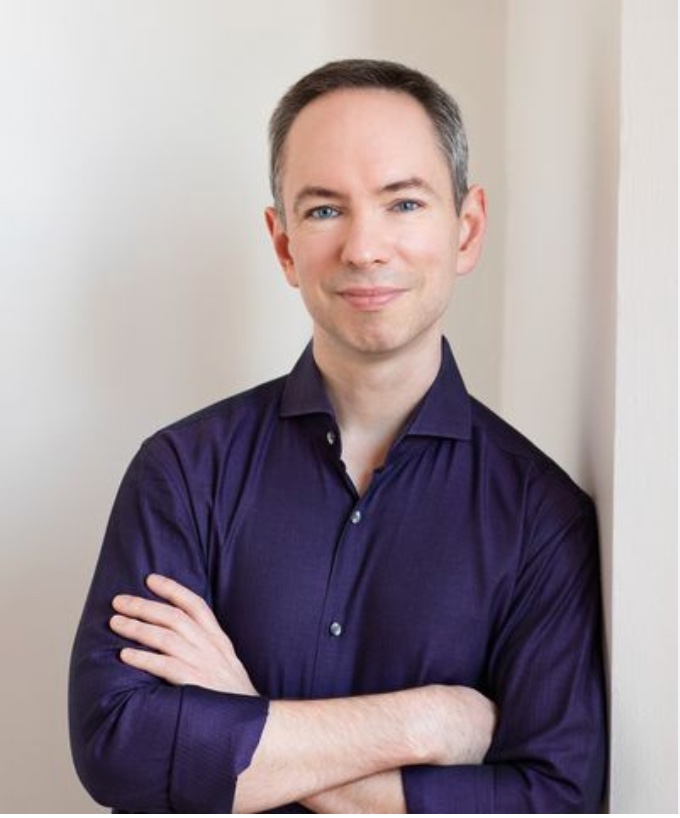by Mike Telin

October 12, 2023
Twenty-five years ago today, Matthew Shepard lost his life to a brutal act of hate and violence that shocked our nation and the world. The week prior, Matthew had been viciously attacked in a horrific anti-gay hate crime and left to die – simply for being himself.
Matthew’s tragic and senseless murder shook the conscience of the American people. And his courageous parents, Judy and Dennis Shepard, turned Matthew’s memory into a movement, galvanizing millions of people to combat the scourge of anti-LGBTQI+ hate and violence in America.
On October 6, 1998 Matthew Shepard, a gay student at the University of Wyoming, accepted a ride home from two men at the Fireside Lounge in Laramie. Instead, Shepard was driven to a remote area where he was pistol-whipped, tortured, tied to a fence, and left for dead. Shepard died six days later from brain damage.
Shepard’s murder would later become the inspiration for Craig Hella Johnson’s fusion oratorio Considering Matthew Shepard.
On Saturday, October 21 at 7:00 pm at Avon Lake United Church of Christ, Gregory Ristow will lead the Cleveland Chamber Choir, Lakewood High School Symphonic Mixed Choir, and an instrumental ensemble from the Local 4 Music Fund, in Johnson’s oratorio. The program will be repeated on Sunday at 4:00 pm at Trinity Episcopal Cathedral. Oberlin musicologist Charles Edward McGuire will present a pre-concert talk 45 minutes prior to each performance. Click here to register for free tickets.
In his informative program notes McGuire writes that Bach is not the only style Johnson emulates in the work. “Other elements include the Broadway musical, Country & Western, the Blues, Jazz, Appalachian hymnody, and Gospel music.”
For the text, Johnson and co-librettist Michael Dennis Browne incorporate passages written by Shepard himself, and his parents, as well as poems on similar themes by Lesléa Newman, John D. Nesbitt, Hildegard of Bingen, William Blake, Gabriela Mistral, Dante, Rumi, and Rabindranath Tagore.
“I still can’t just look through the score without getting choked up,” Greg Ristow (above) said during an interview. “To see ourselves as Matthew, and to think about the circumstances, and societal pressures that create people who would do harm to someone just because they are different from you. I think his death allowed people — for the first time in my lifetime — to really see what it was like to face the fear of violence. And it caused a broader population, not just queer but also straight, to speak out in support of gay rights.”
Tenor Peter Wright, who will sing the role of Matthew Shepard, said that preparing for the role has been an emotional process. “As a performer, you try to separate your own emotions from the work as much as possible. In a case like this, it’s nearly impossible. But in terms of how I prepare — it’s a process of encoding the music into my brain in a way that I can then perform it without being too overwhelmed, because I want to be able to give the best performance possible.”

The tenor noted that the work also presents some vocal challenges. “In the case of the ‘In Need of Breath’ aria, it’s very demanding. And I think Johnson’s writing puts those demands front and center — the melodic lines that have large intervallic leaps, and the long phrases that require a lot of breath support. It’s sort of difficult on purpose because it’s difficult subject matter.
Bass Jelani Watkins (above) said that learning the role of the Fence was a journey that started with learning the notes. But when he started to add the words, he began to see the Fence as a human being.
“The Fence tells the story before the murder takes place, and throughout the work it offers many perspectives — including the individuals who were present at the murder. The Fence cares for another human being. You can feel its sorrow when it says, ‘I cradled him like a mother.’”
Learning how to approach music with unpleasant subject matter was something that Watkins learned during undergraduate school. “When I was a student at Morehouse College, we often sang pieces that dealt with difficult subjects such as police brutality. Yes, it was emotional on a personal level, but we were always told that it was important to make sure that the words were delivered in a way that the audience could feel that emotion.”
Rayna Brooks, director of the Lakewood High School Symphonic Mixed Choir, said she was happy to be asked to have her 32-voice choir be part of the performances. “I’m in the Cleveland Chamber Choir for this cycle, so it’s nice that I’ll get to sing alongside my students. They’re not singing the entire piece but will be joining during ‘We Tell Each Other Stories,’ which is a prologue. The tenors and basses are going to sing ‘We Are All Sons.’ The sopranos and altos are going to sing ‘Deer Song.’ And then everybody will be singing ‘Meet Me Here’ and ‘All of Us.’”
Brooks said that Lakewood has produced the play The Laramie Project in the past, so a few students were already familiar with the subject matter. “When I was in high school I was a child. But these students are young adults, and some of the most sensitive, forward-thinking, and adaptive people that I’ve ever met. When we’ve had conversations about the piece, I’ve told them how impressed I was with the way that they respect other people’s opinions, but also how they form their own ideas. They’re just really great at having these deeper discussions. So I’m really lucky that I get to teach students like them.”
As a piece of music, Considering Matthew Shepard has impressed Brooks in many ways. “I love the Bach Passions. So even calling it a passion is an interesting take — it puts a sense of heaviness on it. And having all the different music styles makes it feel like everybody can find something to relate to. It’s a very relatable piece, and, boy, it’s hard to believe that this happened in 1998, and here we are in 2023 and hate just doesn’t seem to be going away.”
What should the audience take away from the performances? “I’d like to say that as a performer, it’s totally up to the audience what they want to take away from it,” Peter Wright said. “But the fact of the matter is that the piece is about us. It asks us, who are we as a people to have this boy taken out of the world so cruelly? But it’s always been the case with art that beauty and sorrow are bedfellows.”
Greg Ristow said that Considering Matthew Shepard may be one of the most moving pieces of music he has ever conducted. “It’s a difficult subject, but I played it for my stepmother, who is not a classical music lover — though she is a music lover — and she just said, ‘Oh wow, this music is amazing.’ I think that that’s going to be many people’s experience. It’s also a great example of how music and art can draw people in and help them be open to hearing the story. So yeah, I’m really excited to share this piece.”
Published on ClevelandClassical.com October 18, 2023.
Click here for a printable copy of this article





